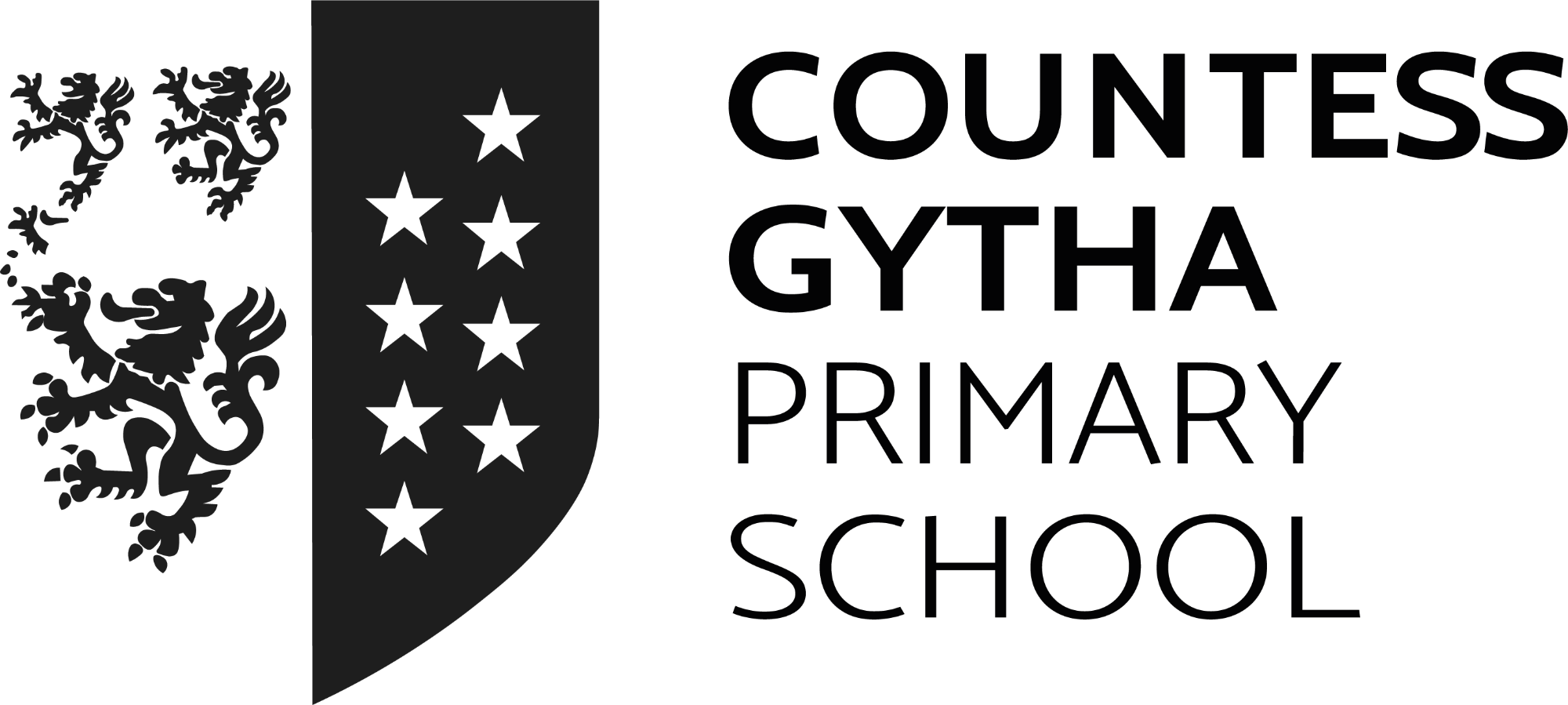Mathematics
Mathematics Purpose of Study
Mathematics is a creative and highly inter-connected discipline that has been developed over centuries, providing the solution to some of history’s most intriguing problems. It is essential to everyday life, critical to science, technology and engineering, and necessary for financial literacy and most forms of employment. A high-quality mathematics education therefore provides a foundation for understanding the world, the ability to reason mathematically, an appreciation of the beauty and power of mathematics, and a sense of enjoyment and curiosity about the subject.”
Source: National Curriculum 2014
Intent
At Countess Gytha, Mathematics is at the heart of our curriculum. We aim for all pupils to become confident, fluent and curious mathematicians who can reason, solve problems and apply their knowledge in meaningful, real-life contexts.
Our curriculum is carefully sequenced to build secure understanding step by step, ensuring strong foundations in number, calculation and mathematical language. Teaching is inclusive and ambitious for every learner, with adaptations that remove barriers and enable all pupils to succeed.
Through high-quality teaching, rich mathematical discussion and a focus on fluency, reasoning and problem solving, pupils develop the skills and confidence they need to thrive in mathematics now and in the future.
Implementation
At Countess Gytha Primary School, the National Curriculum for mathematics is fully implemented through a carefully structured and sequenced approach. Daily lessons are designed to develop pupils’ fluency in the fundamentals of mathematics through varied and frequent practice, alongside regular opportunities to reason mathematically and solve problems. All pupils are appropriately challenged and supported to achieve success.
Fluency and reasoning are embedded in every lesson, underpinned by our calculation policy to ensure consistency of methods across the school and a Concrete–pictorial–abstract (CPA) approach is incorporated where necessary to secure conceptual understanding. PA Mental and oral strategies are developed through daily number fact practice, structured times tables sessions, and the use of engaging digital learning tools such as TTRS and our Mental Maths Olympics programme.
To strengthen recall and retention of key knowledge, Early Bird Maths sessions in KS2 and Mastering Number in KS1 provide additional opportunities to consolidate number sense, subitising, counting and calculation. Teachers use formative assessment, questioning and responsive teaching to address misconceptions and adapt provision for all learners.
Through this consistent, inclusive and well-sequenced approach, pupils develop secure mathematical understanding and confidence as they progress through the school.
Learning key facts and developing rapid recall
We recognise and place great importance on developing children’s knowledge of number bonds and times tables. With this in mind, we practise times tables and/or number bonds weekly and these are assessed with our comprehensive Mental Maths Olympics sheets. To see the progression journey through these skills, see the links below.
Progression of Skills
Below is a copy of our progression of Skills document which details the progression in children's mathematical knowledge and skills across the school.









